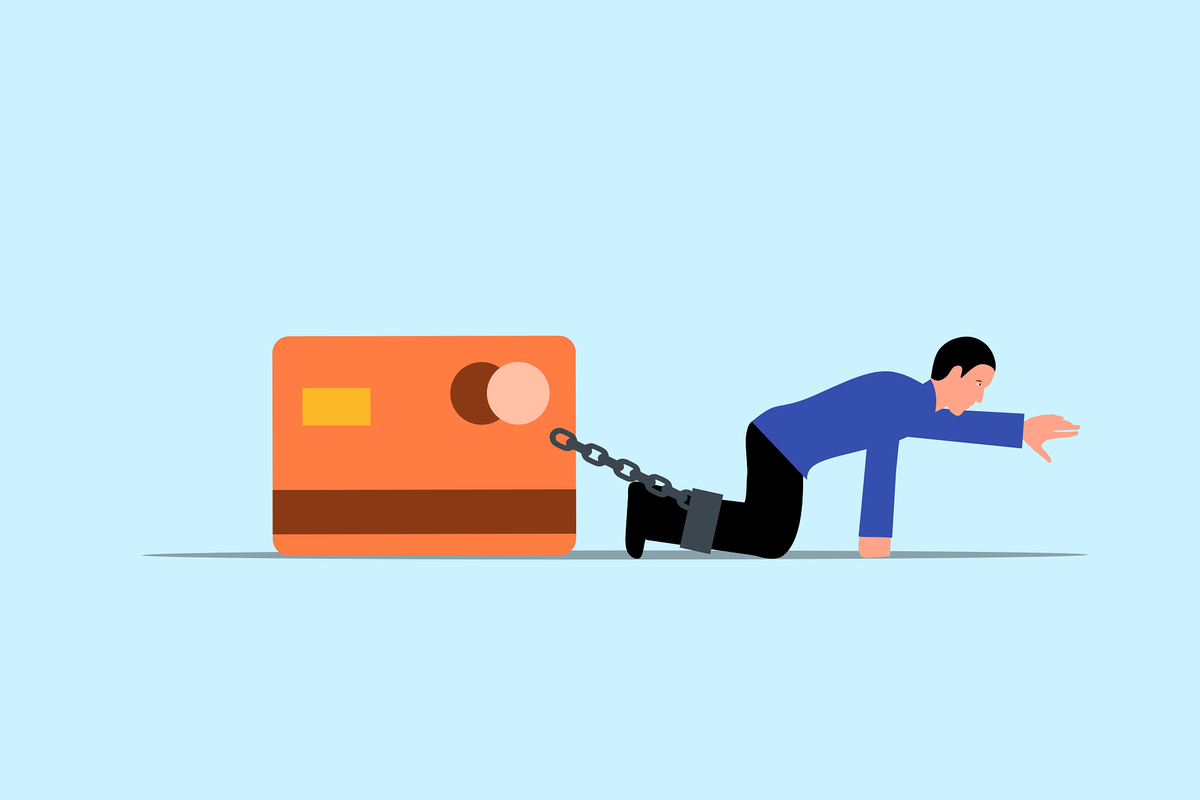7 Investment Habits of Being a "Profitable Fool"
A "Profitable Fool" thrives by embracing simplicity: avoid speculative foresight, accept losses as costs, prioritize outcomes over ego, act sparingly, focus on one goal, shun volatility, and seek undervalued opportunities. Profit stems from patience, humility, and exploiting others’ overconfidence—eschewing complexity for steady, long-term gains.
1/7 Don’t Pursue Forward-Looking Insights
Years ago, I enjoyed
criticizing others for lacking foresight in their investments. Now, many
criticize me for the same. Yes, I’ve almost entirely stopped chasing forward-looking insights in my
operations. Everyone eventually becomes what they once despised. I still think
about the future, but I rarely act on it immediately.
Similarly, when someone
talks about foresight, I first consider who they are. Very few truly have the
ability to discuss it. In the cases I’ve seen, far more people lose money from "forward-looking
insights" than profit from them.
What many call foresight
is often wishful thinking. Once you believe you possess it, you risk losing the
ability to correct mistakes when reality diverges from your predictions. Others’ "foresight" is too far ahead,
mismatched with their operational timeline. They forget they lack the patience
to wait for a reversal. Many who recommend "hot stocks" fail to
profit themselves—they buy too early. Many who believe
in a bull market collapse just before dawn.
More importantly,
disproving forward-looking claims often takes years—even a lifetime. Why obsess over foresight
when understanding the present and history is far more practical?
They say investing is
about profiting from your knowledge. True, but if this were absolute, the
market would eliminate those with low cognitive abilities. The survivors, aside
from a few exceptional individuals, would have similar knowledge levels, just unevenly
distributed. Today you win, tomorrow they win. Every "brilliant
strategy" you devise is likely already being used—or has already failed.
Thus, no matter how
skilled you are in your field, it’s wise to label yourself a "fool." The choice is simple:
be a profitable fool or a losing fool.
Of course, new investors
flood in yearly. Most start cautiously, but statistically, half get a
"beginner’s luck,"
mistaking themselves for "stock geniuses."
A smart "fool"
profits from two sources: corporate earnings growth (money outside the market)
and the overconfident "geniuses" who lose.
This article outlines
seven habits to become a "profitable fool." The first is: Don’t pursue forward-looking insights.
2/7 Treat Losses as Costs
Yet many investors
fixate on eliminating losses in their portfolio, even if other positions
profit. They see losses as mistakes, not unavoidable costs.
If your average profit
per trade exceeds average losses by 30%, with an expected return of 15%, you
can accept a 50% win rate.
Investing isn’t about individual wins but building a
system where gains outweigh losses. Just as revenue must exceed costs, your
overall return should meet expectations.
Refusing to accept
losses leads to emotional decisions and overall failure. Life mixes smooth and
rough patches; winners focus on maximizing the former without letting the
latter cloud their judgment.
Treat losses as
necessary costs. This is the second habit of a profitable fool.
3/7 Don’t Seek to Be Right
There are two types of
investors: those who aim to profit and those who aim to prove they’re right.
The latter’s logic: "I’m
right, so I’ll profit. Wait, I’m
losing—but I’m still right! The
market’s wrong. I’ll double
down... Oh no, I’m wrong. Time to exit with massive
losses."
The former’s logic:
"I thought X. I was
wrong—lost a little."
"I thought Y. I was
wrong—lost a little."
"I thought Z. I was
right—made a lot."
As Soros said: "It’s not whether you’re
right or wrong, but how much you make when right and lose when wrong."
Many obsess over proving
themselves right and others wrong. This is "media logic," not
"profit logic." Such people belong in punditry, not
investing.
I once juggled both
roles. When I chose investing over ego, I stopped needing to be
right.
Focus on outcomes, not
correctness. This is the third habit.
4/7 Observe More, Act Less
Understand 100
viewpoints, consider 10 judgments, act on 1. For ordinary investors, fewer
trades mean higher success rates. Overreacting to noise exhausts you and drains
profits.
Take "long-term
holding with tactical trading"—a strategy to profit from both trends and volatility. Sounds great?
In practice, its users are "chronic losers."
Why? If a stock needs
tactical trades to meet target returns, its intrinsic growth is weak. If it
doesn’t need such trades,
"tactical moves" risk missing rallies or losing
positions.
Using long-term holdings
for short-term trades is like farming with a golden hoe—wasteful and risky. It contradicts your
strengths: if you’re good at timing, trade futures; if
long-term, stick to it.
Short-term trading
requires innate talent. The Turtle Traders showed that most people aren’t cut out for it. Quant algorithms now
dominate speed-based strategies.
"Tactical
trading" often stems from anxiety. More actions mean more losses,
especially impulsive ones.
Observe, think, act
sparingly. This is the fourth habit.
5/7 Don’t Tackle Two Challenges at Once
Market timing and stock
picking conflict. Chasing sector rotations while nailing entry/exit points? You’ll miss both.
An investment system
should focus on either:
- Macro trends (Beta)
with average stock picks, or
- Stock picks (Alpha)
with average macro timing.
Another common trap:
wanting to "buy cheap" and "buy now."
Ask: "If I must
choose between buying now or buying cheap, which matters more?" Needing
both often leads to hesitation—missing
opportunities or panic-buying highs.
"Wanting
everything" is avoidance. Forcing choices reveals true
priorities.
If you truly believe in
a company’s value,
minor delays or higher costs won’t matter. If they do,
you’re compensating for uncertainty with
"cheapness."
Choose one challenge.
This is the fifth habit.
6/7 Avoid High Volatility
People often ask: "Recommend
something with more upside potential?"
"Potential"
(volatility) is neutral. Two stocks with identical long-term returns? The
volatile one rises faster but falls harder.
Volatility assumes you’re smarter than the market. If wrong, you
lose more.
Volatile stocks test
timing: bottoms are brief, rebounds abrupt. For ordinary investors, this
amplifies errors.
They also offer poor
holding experiences: rapid gains trigger fear of reversals; steep drops
paralyze decisions.
I once compared four
price paths with identical returns. The easiest to hold? The least
volatile.
Avoid self-inflicted
pain. This is the sixth habit.
7/7 Fish Where No One Else Does
Humans are their own
worst predators. Quants and hot money flock to crowded spots—not to fish, but to catch
"fishers." Retail crowds? You’re likely the
bait.
"Fishing
alone" risks empty waters—except
in stocks.
In A-shares,
"lonely spots" are often "blood donation" sectors—overshadowed by hyped themes.
Institutional short-termism, momentum-driven retail, and quant strategies
exacerbate this.
Though these sectors
face headwinds, some stocks are undervalued due to temporary neglect. When hype
fades, capital flows back. This is the "spring sowing, autumn
harvest" strategy.
A classic low-frequency
quant strategy picks last month’s
least-traded stocks, rotating monthly. It outperforms indices with ~15% annual
returns.
"Lonely spots"
aren’t barren but require
patience:
1. Hold through
prolonged suppression (needs conviction).
2. Avoid logic shifts
(e.g., fundamentals weaken post-recovery).
3. Distinguish sector
cycles from style suppression (the former faces structural
declines).
4. Avoid overcommitting
(tests human nature).
Most "fishers"
crave crowds. True anglers endure solitude, mockery, and eccentricity—but profit.
Fish alone. This is the seventh habit.



评论